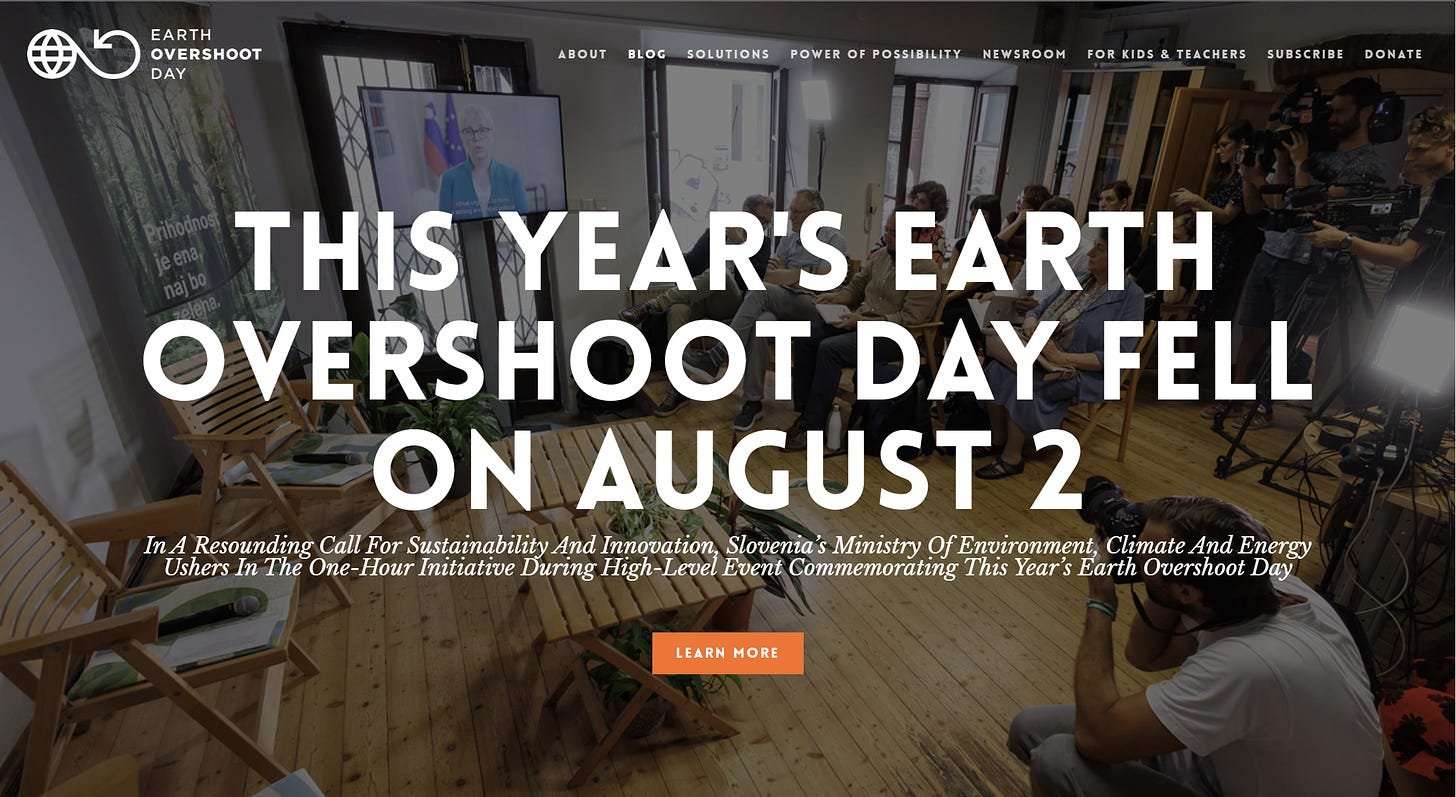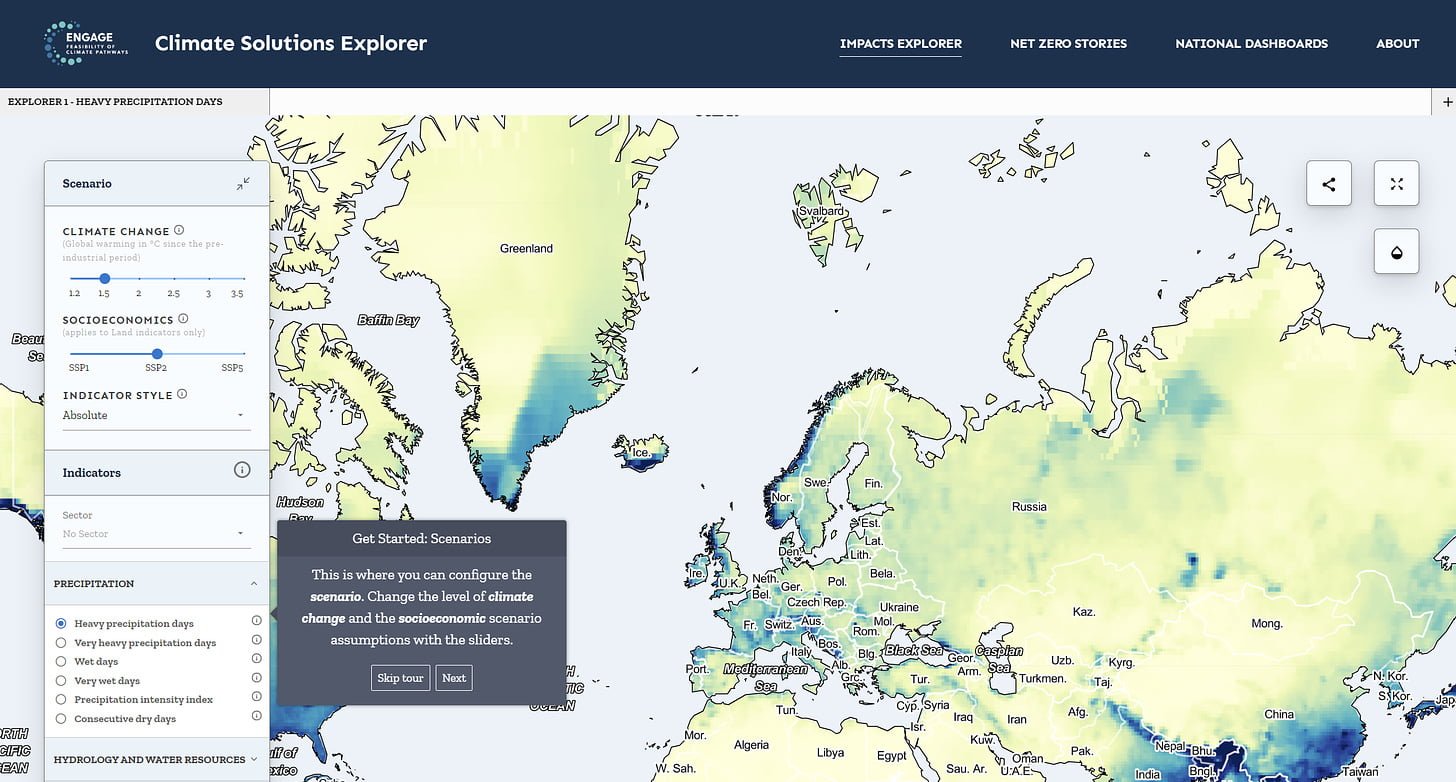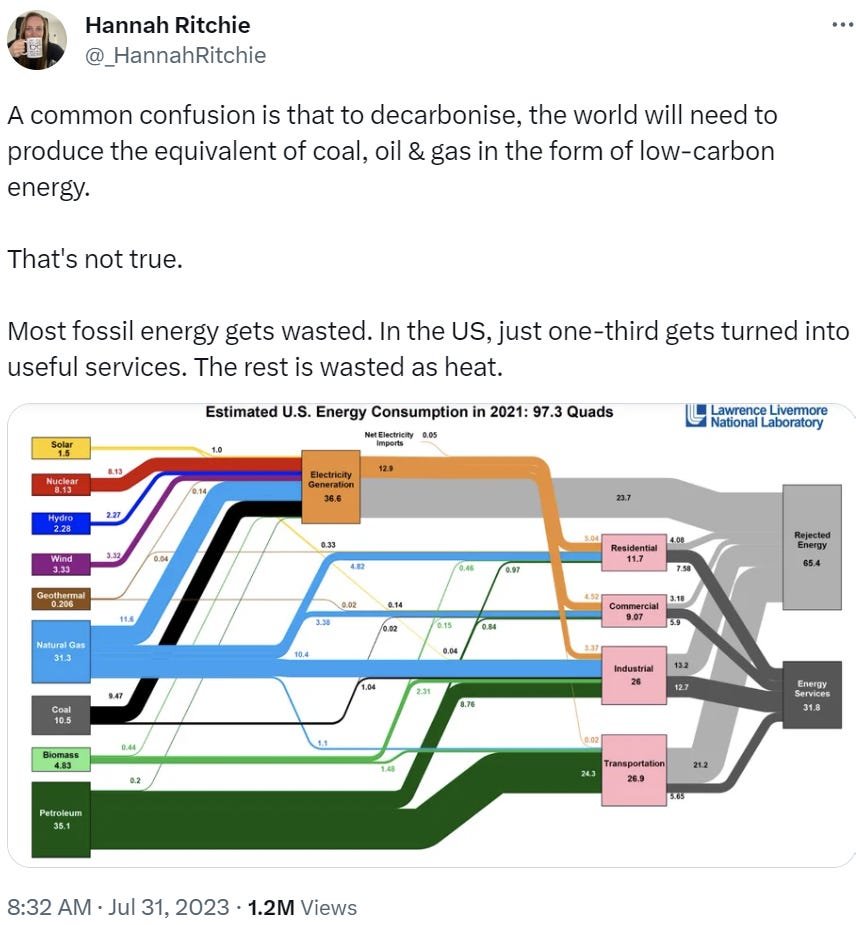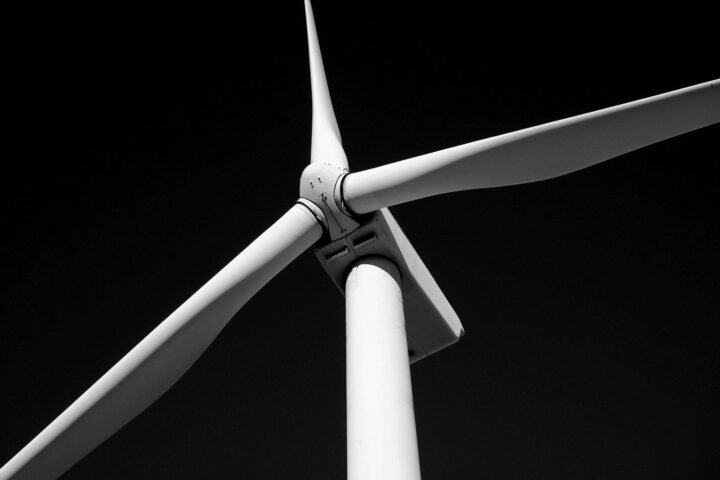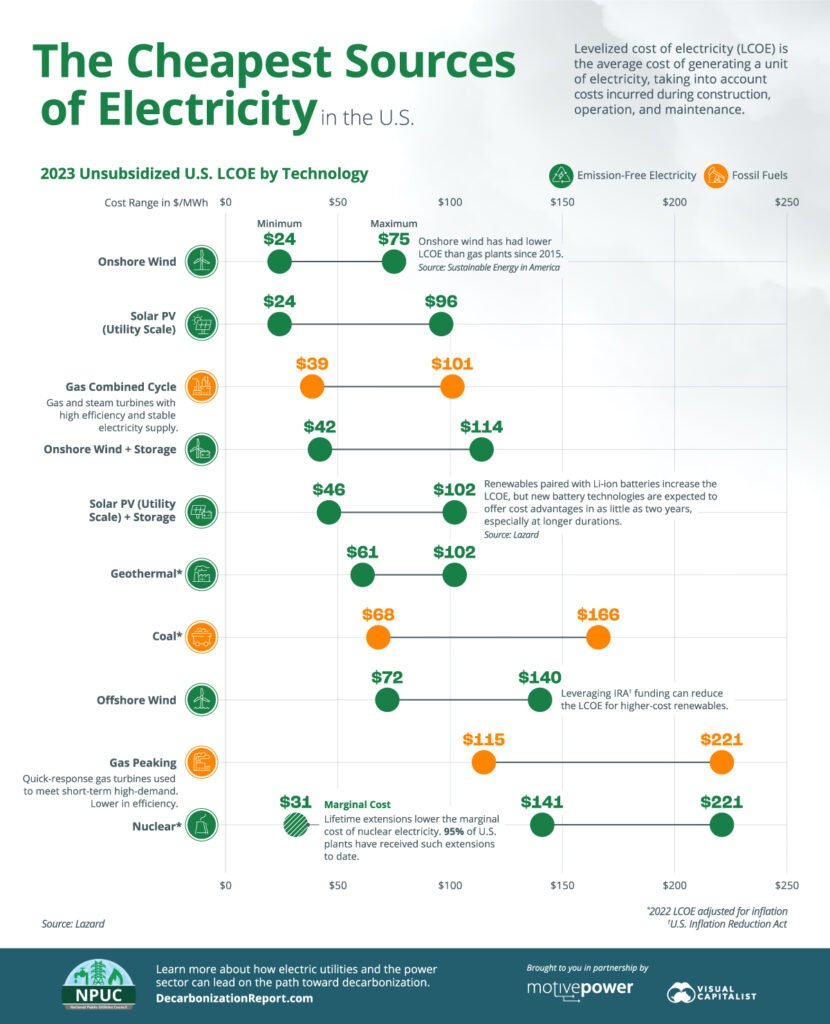Each week we share news and social media updates related to our “The 10 Ways to Save Our Planet” list.
“Earth Overshoot Day marks the date when humanity’s demand for ecological resources and services in a given year exceeds what Earth can regenerate in that year. We maintain this deficit by liquidating stocks of ecological resources and accumulating waste, primarily carbon dioxide in the atmosphere.”
1. Act Now
A tremendous twitter.com thread from Rebecca Solnit:
We spent a lot of time trying to convince people climate is real and urgent; that has mostly been accomplished. Now we have to convince people that we can do something about it, that we have the solutions, that most people already take climate seriously and support action…
Also available on ThreadReader.
💧 They’re Not Like Regular Dads. They’re Climate Dads. (bloomberg.com)
Two stories from The Guardian:
Emergency viewing: 15 must-see films about the climate crisis
One man and his drone: ‘My hope is to shut down the coal industry’
And, a guide on beating plastic pollution: https://www.worldenvironmentday.global/get-involved/practical-guide
2. Build Political Will
❌ Britain to grant hundreds of new oil and gas licences, ignoring calls from environmentalists (theglobeandmail.com)
UN Secretary-General António Guterres has raised concerns that governments were backtracking on their commitments to cut greenhouse gas emissions at a time when they should accelerate their efforts.
“The problem is not simply fossil fuel emissions, it’s fossil fuels – period,” Mr. Guterres told reporters last month in New York.
“The solution is clear: The world must phase out fossil fuels in a just and equitable way – moving to leave oil, coal and gas in the ground where they belong – and massively boosting renewable investment in a just transition.”
What Is the “Global Stocktake” and How Can It Accelerate Climate Action? (wri.org)
The Global Stocktake, happening in 2023 for the first time ever, offers a pivotal opportunity to correct course.
The Paris Agreement’s Global Stocktake process is designed to assess the global response to the climate crisis every five years. It evaluates the world’s progress on slashing greenhouse gas emissions, building resilience to climate impacts, and securing finance and support to address the climate crisis.
3. Eliminate Fossil Fuels
Science shows the severe climate consequences of new fossil fuel extraction (theconversation.com)
To avoid breaching the limits set out by the Paris agreement, some of the coal, oil and gas that we can already extract must remain unburnt. New fossil fuel extraction projects will make it even harder to stop further global warming.
4. Speed up renewable energy
🇪🇺 Wind and solar overtake fossil generation in the EU (ember-climate.org)
Almost a third of the EU’s electricity in May was generated from wind and solar (31%, 59 TWh), while fossil fuels generated a record low of 27% (53 TWh).
5. Shift towards sustainable transportation
Two stories from CleanTechnica:
6. Adopt planet-friendly agricultural practices
7. Eat a more climate friendly diet
🍔 Treating beef like coal would make a big dent in greenhouse-gas emissions (economist.com)
Beef production is a major source of greenhouse gas emissions.
Beef production is a major driver of deforestation.
Reducing beef consumption would be a major way to reduce greenhouse gas emissions.
There are challenges to reducing beef consumption, such as the cultural importance of beef and the high demand for beef in developing countries.
The article suggests that implementing similar regulations and taxes on beef as those imposed on coal could have a substantial positive impact on reducing emissions.
🍗 Chickens are taking over the planet (vox.com)
Humanity currently raises and slaughters a staggering 74 billion chickens each year, which will jump to around 85 billion annually by 2032, a 15 percent increase, the report predicts. By comparison, the number of beef cattle and pigs raised for meat will rise to around 365 million and 1.5 billion, respectively, by 2032.
From Youtube:
And a response from Mic the Vegan:
“Is Veganism Really the Answer?” Response (youtube.com)
8. Create sustainable cities and buildings
💡 What you need to know about the incandescent light bulb ban (cnn.com)
CNN sheds light on the environmental consequences of incandescent bulbs, which consume excessive energy and emit significant amounts of greenhouse gases. By contrast, LED bulbs are highly energy-efficient and have a significantly lower carbon footprint. The article emphasizes the importance of transitioning to LED bulbs, not only to reduce carbon emissions but also to save energy and lower electricity bills for households.
🏠 Triple-Digit Heat, but No Electric Bill? For Passive Homeowners, ‘It’s Hard to Go Back’ (wsj.com) (alternative link: apple.news)
See also: What is a Passive House? (passivehouse.com)
🇺🇸 Biden-Harris Administration Announces Actions to Lower Housing Costs and Boost Supply (whitehouse.gov)
On July 27, 2023, the Biden-Harris administration announced a series of actions to lower housing costs and boost supply. These actions include:
Reducing barriers to build housing: The administration will work to reduce restrictive and costly land use and zoning rules that make it difficult to build new housing.
Expanding financing for affordable, energy efficient and resilient housing: The administration will provide new financing for affordable, energy efficient, and climate resilient housing.
Promoting commercial-to-residential conversion opportunities: The administration will promote the conversion of commercial buildings into residential housing, particularly affordable and zero emissions housing.
9. Protect and restore our environment
🌱 U.S. Forest Service Plan to Plant More Than a Billion Trees Limited by Lack of Seedlings, Study Finds (ecowatch.com)
This year, the federal government invested $35 million in expanding the capacity of the federal nursery, but the authors of the study said that, due to “the existing (and growing) reforestation backlog, declines in nursery infrastructure, and complex needs for diverse seeds and seedlings, it is likely that substantially more public investment in the form of grants, loans, and cost-share programs will be needed to reinvigorate, diversify, and expand forest nurseries.”
A New Age of Water is Dawning (time.com) by Peter H. Gleick (twitter.com)
It’s an awkward time: the awesome power to reshape the planet has come before we’ve fully embraced the idea that we must live sustainably on Earth; matured enough politically and socially to put aside prejudices, hatreds, cultural differences, and the baser instincts that threaten our very existence; or truly mastered the technologies that can both destroy and save us.
10. Ensure global warming stays below dangerous limits
The world inches closer to feared global warming ‘tipping points’: 5 disastrous scenarios (usatoday.com)
What are climate tipping points? “In climate science, a tipping point is a critical threshold that, when crossed, leads to large and often irreversible changes in the climate system. If tipping points are crossed, they are likely to have severe impacts on human society.” From Wikipedia:Tipping points in the climate system
See also Explainer: Nine ‘tipping points’ that could be triggered by climate change (carbonbrief.org)
🔥 Here’s how hot and extreme the summer has been, and it’s only halfway over (abcnews.go.com)
When going through the litany of this summer’s weather extremes so far, University of Pennsylvania climate scientist Michael Mann had one question: “How on God’s Earth are we still burning fossil fuels after witnessing all this?”
❌ Antarctic Sea Ice Is at a ‘Very Concerning’ Record Low (nytimes.com)
The NY Times continues its fantasies about carbon capture instead of highlighting the insanity of Michael Mann’s lament above.
Link of the week
Published by the International Institute for Applied Systems Analysis (IIASA) in Austria
“The Climate Solutions Explorer maps and presents information about mitigation pathways, avoided climate impacts, vulnerabilities and risks arising from development and climate change.”
From Social Media
About Us
We are a weekly Substack newsletter focusing on:
Progress in the fight against climate change,
Opportunities for individuals to make a difference.
Please follow, subscribe & share
Follow our WeCanFixClimateChange list on Twitter.
Read the full post at Substack - WCFCC.
